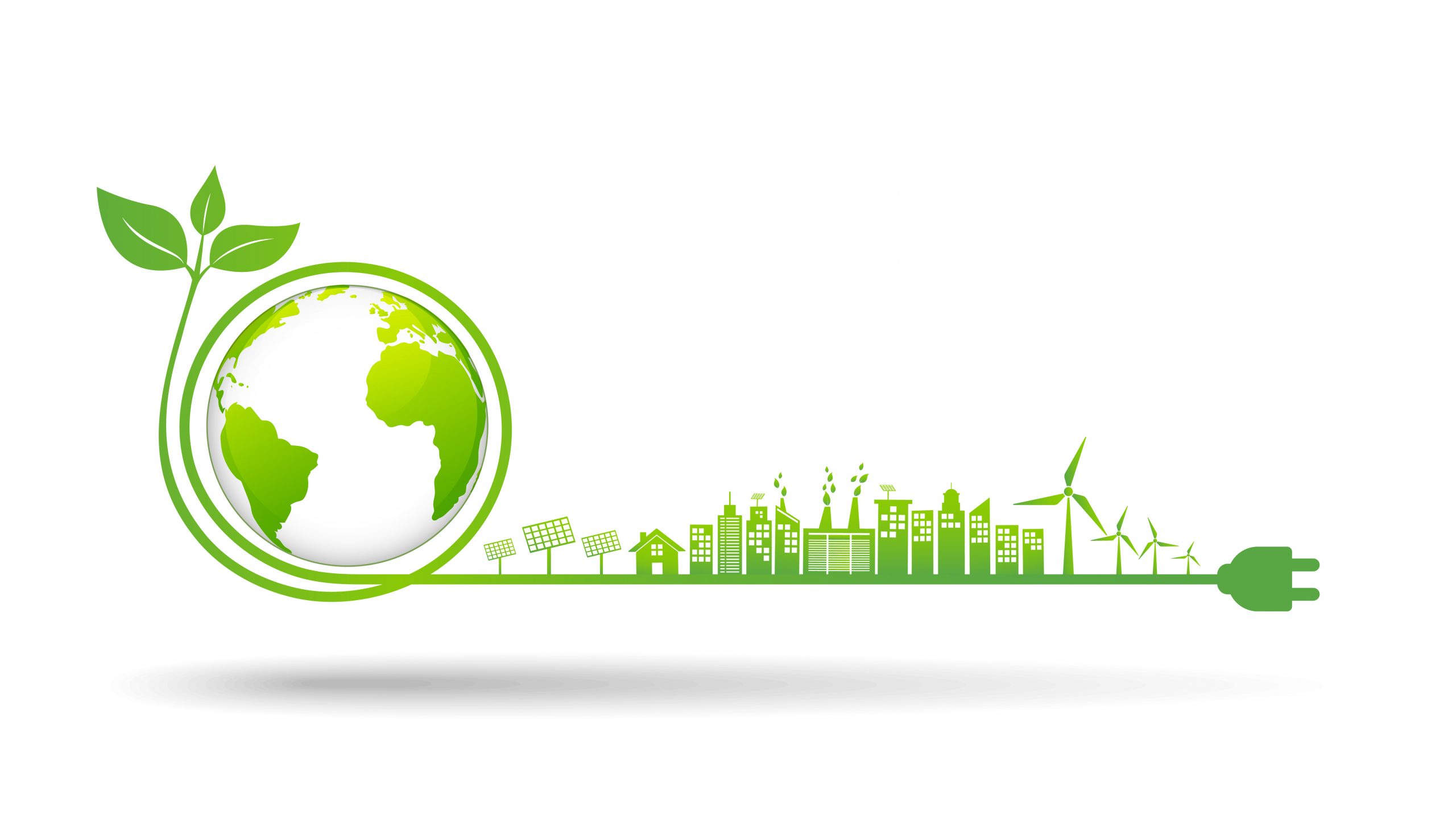



April 19, 2018



April 19, 2018 – RIC Centre
In the coming years, there will be tens of millions of electric cars on the road worldwide. It’s a boon for the environment. Lower greenhouse gas emissions will help ease the growing climate issues we’re seeing today.
In Ontario, incentives of up to $14,000 have helped the province double electric vehicle sales since 2016. Quebec also introduced a new law stating that 15.5% of car sales in the province have to be EVs by 2025.
Demand for battery-powered vehicles is clearly growing. But how do we supply all these cars with the rechargeable lithium-ion batteries they need? And what happens when they reach the end of their lives?
The wide-ranging uses of lithium-ion batteries, including electric vehicles, translates to over 11 million tonnes of batteries that are expected to reach the end of their useful lifecycle between 2018 and 2030 globally.
Currently, smelting is the best available technology to recycle lithium-ion batteries. The process typically of 30-40% of the mass of lithium-ion batteries, targeting cobalt, copper and nickel recovery. The remaining material is either burnt and emitted to the atmosphere or ends up in solid waste like slag. Critical materials like lithium partially end up in slag and consequently are not economically recoverable. Slag may be useful in road base but it won’t be reused to make new batteries.
Li-Cycle Technology™ is an advanced lithium-ion battery resource recovery solution that is low cost, safe, and environmentally friendly. It can process all types of lithium-ion batteries with unparalleled recoveries of 80-100%. Li-Cycle’s closed loop process enables dramatically improved recoveries of all components from lithium-ion batteries.
Ajay Kochhar, CEO of Li-Cycle, has a background in chemical engineering. Kochhar gained in-depth technology and project development experience during his time at Hatch, a global engineering consultancy based in Canada. He also worked alongside Tim Johnston, co-founder of Li-Cycle, as part of Hatch’s Advisory/Management Consulting practice.
Prior to that, Kochhar and Johnston had the opportunity to develop multi-billion-dollar mining and metallurgical projects in the energy metals space, from engineering, through to construction and operations.
As part of the Advisory practice, they helped financial institutions and multinational corporations assess investment opportunities in the metallurgical, mining and infrastructure industries. While working with a major lithium producer, Kochhar and Johnston were able to assess over 220 lithium assets and technologies. Projects such as these provided them a global and unique view of the lithium-ion battery market.
After leaving their careers at Hatch to pursue entrepreneurship, the urgent global challenge and opportunity of end-of-lifecycle lithium-ion batteries particularly stood out to Kochhar and Johnston. They subsequently decided to start Li-Cycle in 2016.
Since then, the company has successfully developed Li-Cycle Technology™ – a proprietary and proven process to improve resource recovery from lithium-ion batteries.
Approximately 5% of global demand for cobalt and less than 1% of the global demand for lithium is currently met through secondary or recycled supply. Despite being a small portion of the current industry value chain today, lithium-ion battery recycling could play an integral role in minimizing raw material bottlenecks and price swings into the future.
Li-Cycle has completed two scale-up phases to date and is currently in its final scale-up phase to build a 1 tonne/day pilot facility. The company has grown quickly with help from Seed and subsequent Series A funding. Li-Cycle has established connections with global partners like OEMs, battery manufacturers, experienced advisors, as well as the cleantech ecosystem in Ontario and globally to help support the push to commercialization.
Li-Cycle’s business model is focused on operating at commercial scale to produce appreciable amounts of end-products (e.g. cobalt, lithium, nickel, copper, and much more) to sell back into the lithium-ion battery supply chain and the broader economy.
Ultimately, Li-Cycle aims to improve the efficiency of the global lithium-ion battery recycling industry through its closed loop resource recovery solution. In turn, the recycling of lithium-ion batteries could meet 10-20% of global demand for critical materials such as cobalt and lithium by 2025.
Cleantech is a very broad industry that doesn’t get much attention in mainstream media. The outlets that do talk about it, tend to focus heavily on renewable energy sources like solar or wind power. But there are limitless amounts of renewable and recyclable products from car tires to everyday plastics.
“There is an evident and urgent need to transition away from a carbon-based economy,” says Kochhar. “Entrepreneurs and the broader industry need a change in mindset. Climate change represents the greatest economic opportunity of our time. If entrepreneurs and their funders are incentivized to focus on selling ads or similar, who will address the truly hard problems facing our world? Improved resource recovery from end-of-lifecycle materials to conserve natural resources and offset greenhouse gas emissions is just one of the key pieces of that puzzle.”
The Canadian government has recently allocated close to $2 billion towards the research and development of clean technologies. As Kochhar mentions, Canada punches above its weight in its support for cleantech.
Given the make-up of the country itself and the variety of ecosystems that span across it, clean technologies are an important area of investment and one that will certainly grow as an industry in the coming years.
Li-Cycle is part of the RIC Centre Incubator. To apply to the Incubator Program, click here.
